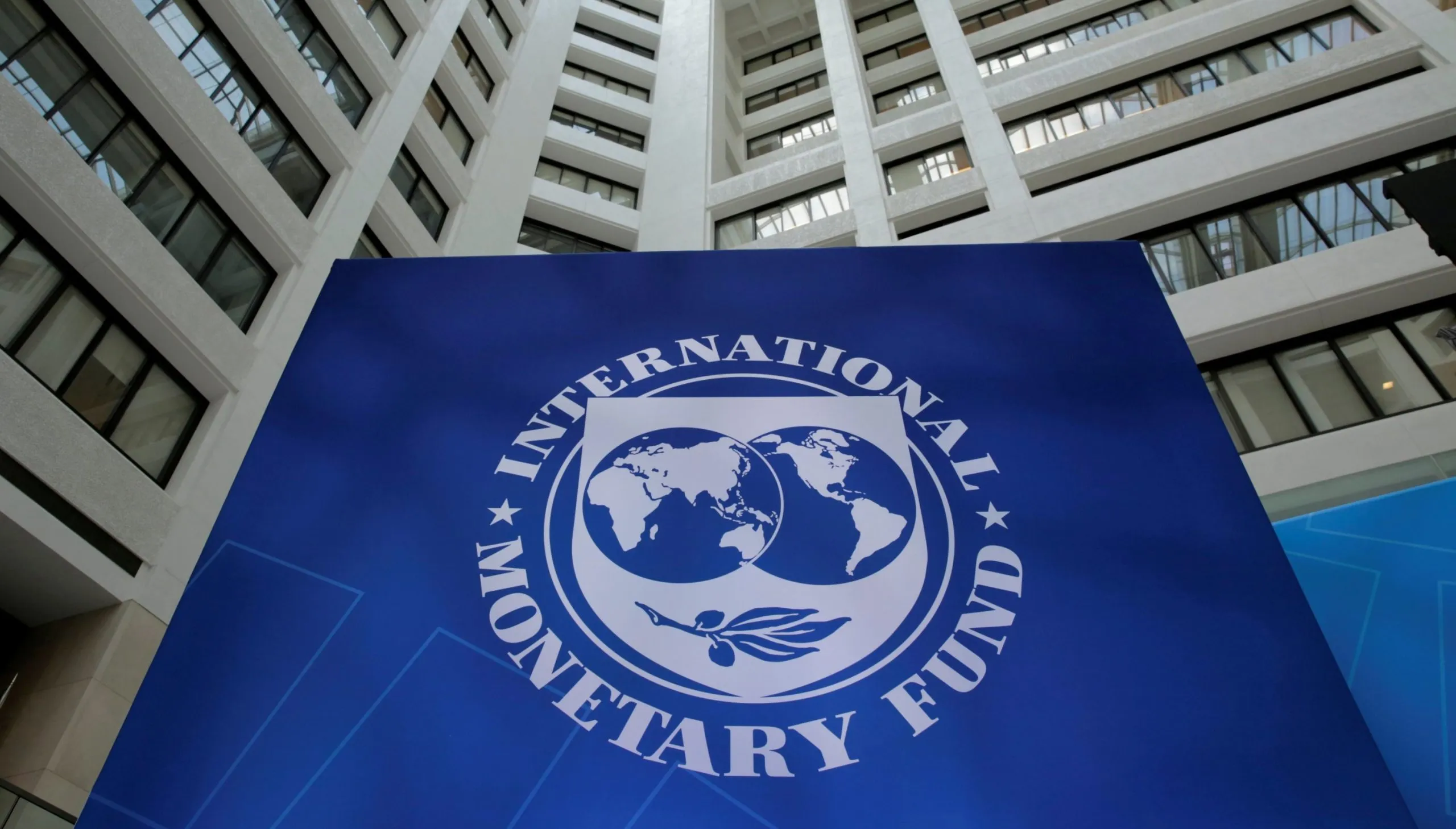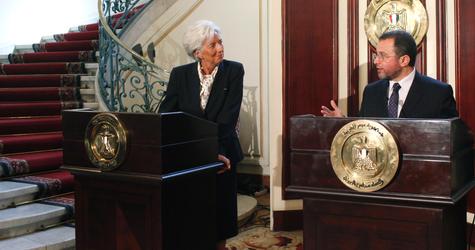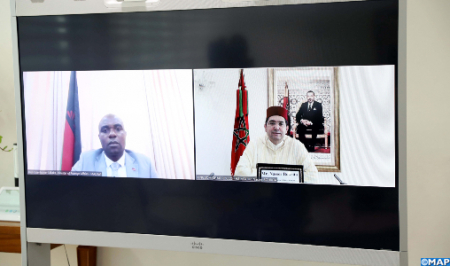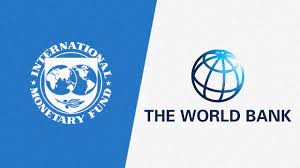The International Monetary Fund (IMF) has approved financing to cope with rising global food prices for Malawi, the first low-income nation to receive financing from the IMF under a new tool intended to help countries cope with global food price shocks.
The number of Malawians facing food insecurity has doubled to 20% of the population due to low crop production and increasing prices for fertilizers and seeds. Malawi’s government says the funds will also help address a lack of foreign exchange that has caused a fuel shortage in the country.
Malawi is facing a challenging economic and humanitarian situation, with foreign exchange shortages and an exchange rate misalignment that has led to a sharp decline in imports including fuel, fertilizer, medicine, and food, the IMF said. Annual food inflation has more than doubled to 34.5% since the beginning of the Russia – Ukraine war in February.
Therefore, the Washington-based institution agreed to lend the southern African nation $88.3m to “address urgent balance-of-payments needs and mitigate the impact of the food shock,” according to an IMF statement. It also said that about 20% of the country’s population was projected to be acutely food insecure “during the 2022/23 lean season which starts from October to March, more than twice as many people as during the same time last year.”
Government authorities say the approval of the $88.3 million loan to Malawi under the new ‘food shock window’ of the IMF’s Rapid Credit Facility will help address some of those challenges.



